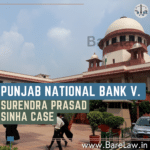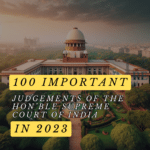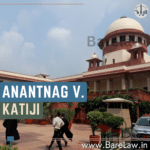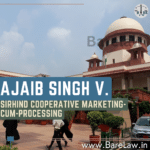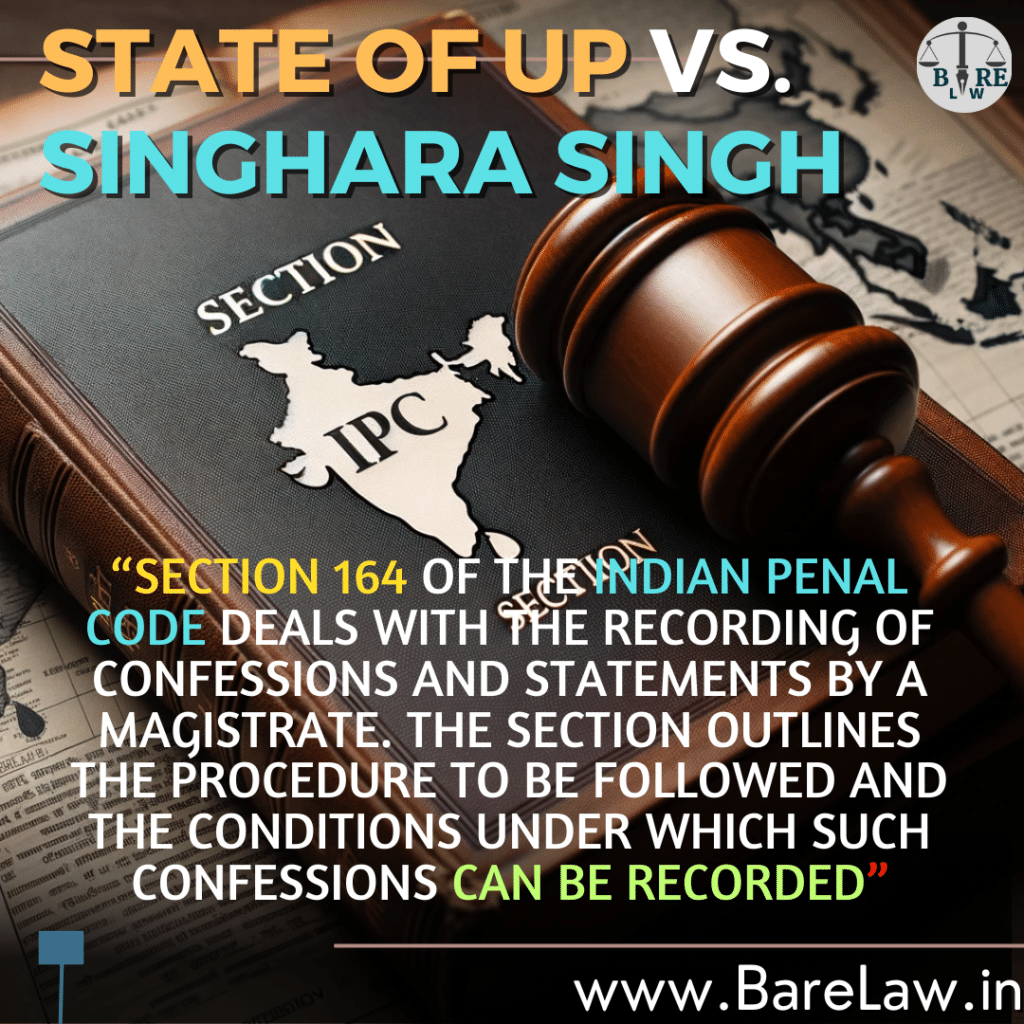
Introduction: State of UP v. Singhara Singh:
The history of Indian law is well-documented with the numerous judgments that have not only determined the dynamics, but also demystified the complexities of intricate legal provisions. State of UP v. Singhara Singh is a lighthouse in this regard as it unearths Section 164 of Indian Penal Code in depth. This paper analyzes such aspects of the case as its value and influence on the role played by magistrates.
Historical Context:
To understand this case, one must be aware of its historical background. The section 164 under IPC deals with confessions or statements before a magistrate. Although, it carefully explains how confession must be recorded; there are certain grey areas.
The Crux of the Matter:
In essence, State of UP v. Singhara Singh was hinged on one major question: Can a magistrate testify to an oral confession made to him? Despite being seemingly simple, this question has far reaching implications for justice administration.
The Judgment:
The court’s verdict was categorical that section 164 impliedly prohibits a magistrate from giving any oral evidence regarding a confession made to him. The decision was based on several grounds including;
Preservation of Written Records: Written records take precedence in courts according to the ruling. An oral statement especially when dealing with issues as serious as confessions may bring about human inaccuracies, misinterpretations and manipulations that might alter what actually transpired while written record gives permanent solid proof that makes rightness and genuineness intact to an admission.
Safeguarding the Rights of the Accused: By constitutionalizing prevention against magistrates testifying orally over confessions tends to protect defendants themselves hence making sure that they are not coerced into falsely admitting guilt or otherwise compromising their defense.
Reaffirming the Role of Magistrates: In so doing it police mind set persists throughout their careers even at other stages which eventually affects their decisions in future cases. They are there to be impartial judges and not to witness or give any testimonies in the cases they preside over.
Broader Implications:
State of UP v. Singhara Singh is not an isolated case. Its ramifications go beyond this single litigation:
Standardizing Judicial Procedures: The judgment acts as a yardstick providing uniformity for court procedures on confessions that transcends borders.
Enhancing Credibility: This decision improves the judicial system’s credibility since it supports written records and encourages basing decisions on tangible evidence, rather than looking at possibly fallible oral statements.
Strengthening the Pillars of Justice: This ruling cements justice through its core principles of fairness, impartiality and transparency. By drawing lines between the role of magistrates, this ensures justice does not only prevail but justice should also be seen being done.
Conclusion:
The case State of UP v. Singhara Singh testifies for Indian jurisprudence which keeps evolving constantly. The judgement has paved way for numerous subsequent outstanding pronouncements by merely attempting to answer a seemingly simple question thus ensuring some level of balance in courts. For those who are interested in law, legal practitioners or even laymen who may want to understand the depths of such landmark cases, it is by no means simply academic exercise but rather delving into intricacies of Indian legal system.
